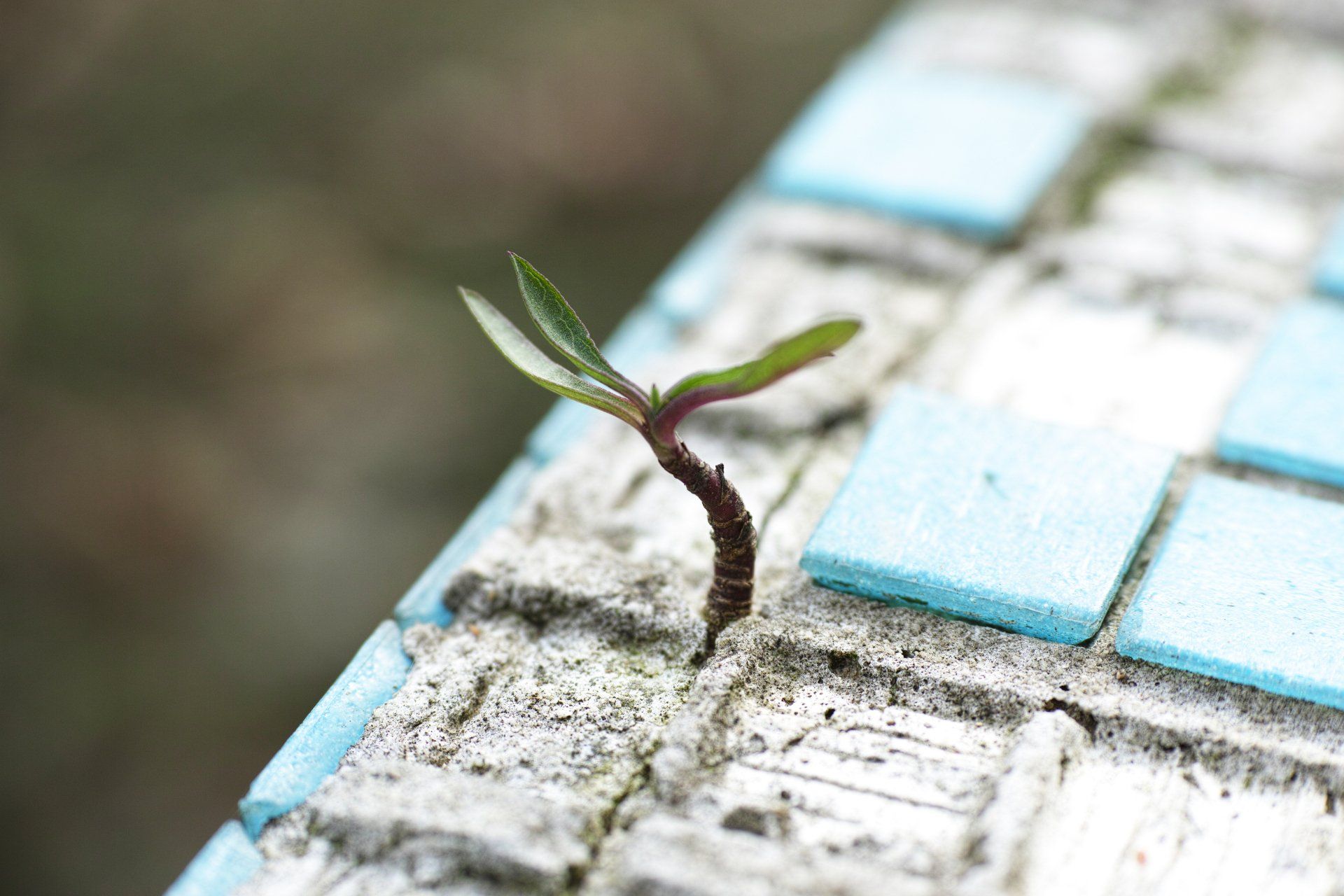Geral Blanchard, LPC, is a psychotherapist who is university trained in psychology and anthropology. Formerly of Wyoming and currently residing in Iowa, Geral travels the world in search of ancient secrets that can augment the art and science of healing. From Western neuroscience to Amazonian shamanism, he has developed an understanding of how to combine old and new healing strategies to optimize recovery, whether from psychological or physical maladies.
MDMA and Hope
When people go in search of a legitimate MDMA-psychotherapy assisted provider, it is usually during a time of crisis. A traumatic event may precede the treatment and seemingly dash all hope of a happy life.
To grasp hope for a pleasant future individuals must first find a way to disentangle themselves from the tentacles of hurt, sadness, and despair. That may seem onerous at first but that is where MDMA fits in.
The medicine doesn’t change any of what happened. It doesn’t result in a loss of memory. MDMA does not distort the truth of one’s experiences. In fact, it acts like a clarifying truth detector amidst depression. And that’s important because thinking is often distorted during depressive episodes. At those times we are naturally predisposed to draw conclusions from our last big life events, especially negative ones, and extrapolate exaggerated conclusions elsewhere using a broad brush. It is common to transpose dark energy onto the rest of our world experiences -- past, present, and future. That’s how a major depression works. When, however, heavy energy (hucha) is vacated with a push from MDMA, there is room for a lighter vibratory energy to enter our psyche (sami).
In The Power of Grace, author David Richo refers to a special voice of wisdom that flows through us. This seed of hope comes from what he refers to as a “mother energy” that is already planted within us. The “within” is part of the transcendent that gives us strength; it is that part of us that is both human and Divine. Richo also suggests there is a storehouse of grace and hope to be discovered after difficult times with the help of these built-in powers. It is the gift dimension of life residing in us.
As Walt Whitman wrote: “I am larger, better than I thought, I did not know I held so much goodness. I am large, I contain multitudes.” This innate strength is a goodness that we can bestow on ourselves with the help of a medicinal releasing process.
During an MDMA session the voice of goodness moves through us, often without words, but with heart expanding knowings matched with love. This offers a truth that cannot be taught, only received from Divine Source. It is always there awaiting a wakeup call. This, after all, may be the point of trauma -- to take us to a higher level of existence.
Once we discover the power within and invite it to guide us through tragedy and pain, the result is hope. This trust in ourselves to surmount any difficulty is really a trust in our true nature, our interbeing, the conviction that we are interconnected parts of a wise Mother Nature that sides with life. She’s “got our back.”
Ideas of fate, luck, or God’s plan for us are not very helpful in challenging times. Hope, on the other hand, develops when we have an unobstructed vision of corroborated prospects. Hope is a new vision – often kick-started by MDMA – that transcends what we have heretofore been unable to imagine, understand, and reach.
A mature spiritual alternative, as Richo suggests, recognizes that pain and suffering may not have a meaning or reason, but they do offer a function in life to take us to a new condition. As I wrote in Transcending Trauma, when we become the meaning makers of our lives big things begin to happen. Or, as Benjamin Franklin wrote, “The things that hurt us instruct us.”
And then there is the challenging notion of Norma Fischer, in the Buddhist book, All the Rage. She advices us, particularly in times of negative emotions to “abandon” hope. Fischer believes that hope usually means rejecting the moment at hand. Hope is presented as a form of cowardice when we refuse to explore what is going on now and long for something more pleasant in the future. We deny what is.
Few people have instructed and inspired me more in life than the wise anthropologist and mythologist, Joseph Campbell. He challenged me to stay open to the possibility that when people explore the “horribles” of life, gifts likely will await them. Campbell called this process the Hero’s Journey, a very scary time in life when a person must, with trust and hope, forge a new path through uncharted territory, taking a road less traveled.
Importantly, Campbell gave us this lesson: “We have not even to risk this adventure alone; for the heroes of all time have gone before us, the labyrinth is thoroughly known; we have only to follow the thread of the hero-path. And when we had thought to find an abomination, we shall find a god; when we had thought it necessary to slay another, we shall slay ourselves; where we had thought to travel outwards, we shall come to the center of our own existence; where we had thought to be alone we shall be one with the world.”
*********
Additional Reading:
A Dose of Hope by Dr. Dan Engle and Alex Young
Other Topics
Basics of MDMA
Rituals and Ceremony
Brain and MDMA
Trauma
Heart
Energy Movement
Quantum Physics
Native Cosmologies
Nature
Spirituality/Enlightenment
Kogi Tribe
Books written by Geral T. Blanchard
More Articles



















